10 Important functions of proteins in Body

Protein helps repair and build your body’s tissues. It drives metabolic reactions, maintains the pH and fluid balance of the body, and keeps the immune system less compromised and more strong. It also helps in transport and storage of nutrients and can act as an energy source.
1. Growth and Maintenance

Your body needs proteins for growth and maintenance of tissues. Yet, your
body’s proteins are in a constant state of turnover. Under normal circumstances, your body breaks down the same amount of protein that it
uses to build and repair tissues. Other times, it breaks down more protein than
it can create, thus increasing your body’s needs. This typically happens in
periods of illness, during pregnancy and while breastfeeding. People
recovering from an injury or surgery, older adults and athletes require more
protein as well.
2. Biochemical Reactions
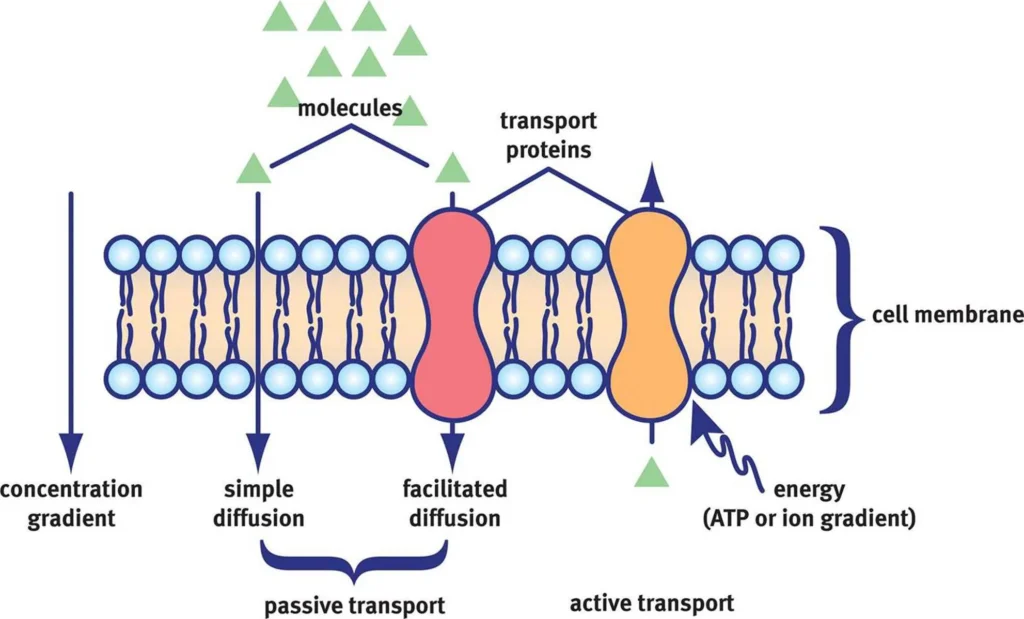
Enzymes are proteins that carry out thousands of biochemical reactions that
take place within and outside of your cells. The structure of enzymes permits
them to combine with other molecules inside the cell called substrates, which
catalyze reactions that are essential to your metabolism. Enzymes may also
function outside the cell, such as digestive enzymes like lactase and sucrose,
which help digest sugar. Some enzymes require other molecules, such as
vitamins or minerals, for a reaction to take place.
Bodily functions that depend on enzymes include:
• Digestion
• Energy production
• Blood clotting
• Muscle contraction
3. Increases Muscle Mass and Strength

Protein is the building block of your muscles. Therefore, eating adequate
amounts of protein helps you maintain your muscle mass and promotes
muscle growth when you do strength training. Numerous studies show that
eating plenty of protein can help increase muscle mass and strength. If you’re
physically active, lifting weights, or trying to gain muscle, you need to make
sure you’re getting enough protein. Keeping protein intake high can also help
prevent muscle loss during weight loss.
4. Immune Function
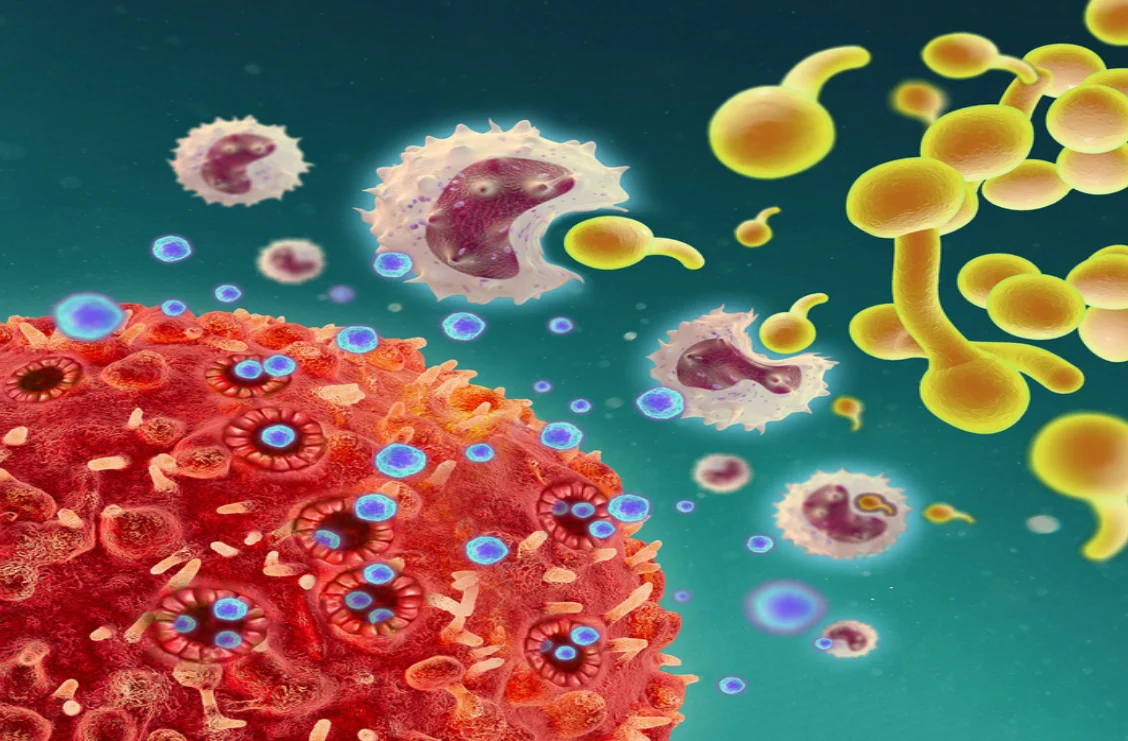
Proteins help form immunoglobulins, or antibodies, to fight infection. Antibodies are proteins in your blood that help protect your body from harmful
invaders like bacteria and viruses. When these foreign invaders enter your
cells, your body produces antibodies that tag them for elimination. Without
these antibodies, bacteria and viruses would be free to multiply and
overwhelm your body with the disease they cause. Once your body has
produced antibodies against a particular bacteria or virus, your cells never
forget how to make them. This allows the antibodies to respond quickly the
next time a particular disease agent invades your body. As a result, your body
develops immunity against the diseases to which it is exposed.
5. Reduces Hunger
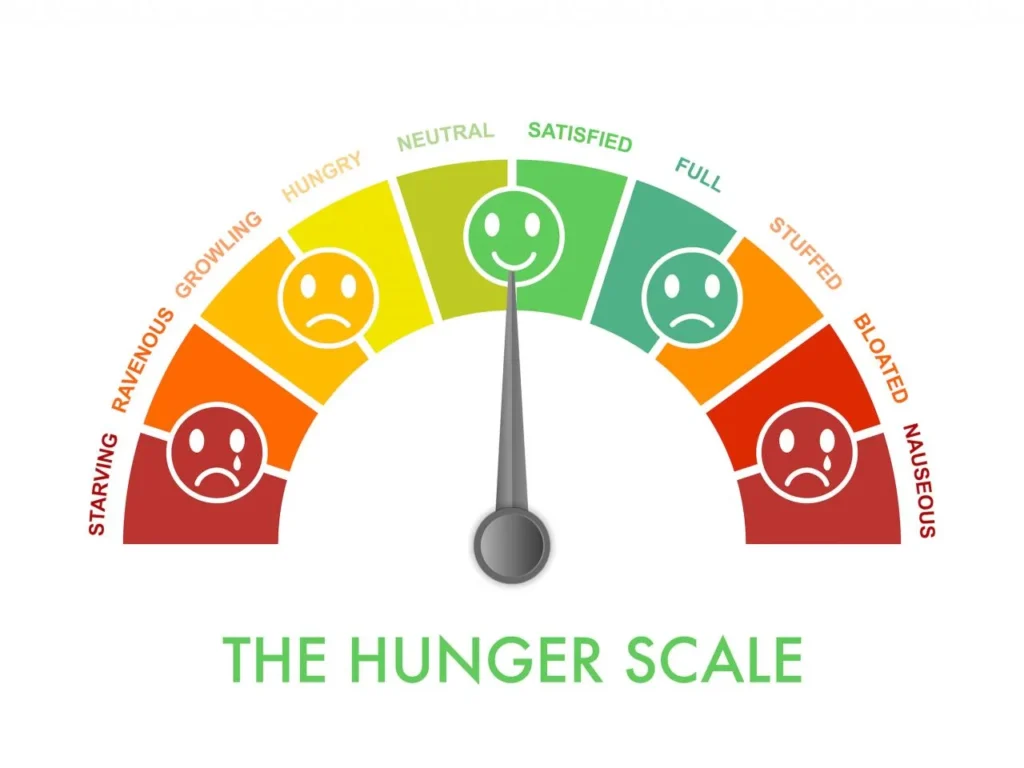
A high-protein diet helps us feel fuller and less hungry. Our body makes more
satiety hormones such as cholecystokinin and peptide YY, which gives signals
of a full belly. Protein can also help us feel less hungry in between meals,
which reduces our intake of junk food and calories.
6. Improves Bone Health

Our body needs the appropriate amount of nutrients to function smoothly.
Consuming these essential nutrients promotes bone health which prevents
age-old bone diseases like osteoporosis. Thus, one should improve their
protein intake to match their body’s needs & functions.
7. Hormones
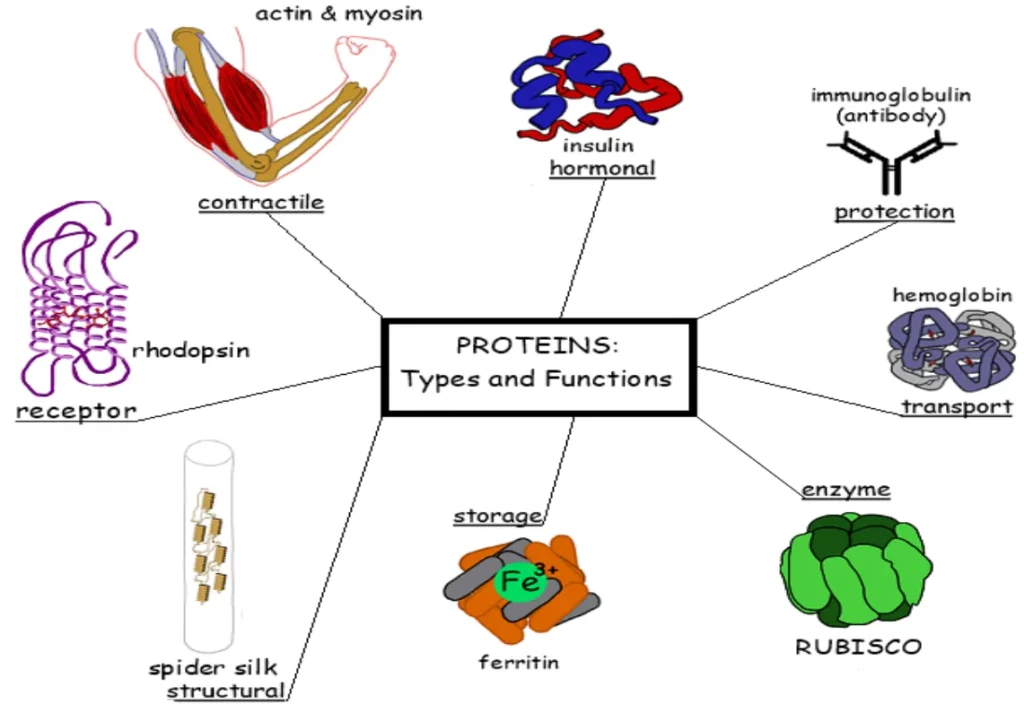
Proteins are responsible for some hormone synthesis. Hormones are
chemical messengers produced by the endocrine system that travel via the
blood, relaying messages from one part of the body to another to help
coordinate bodily functions. Hormonal shifts occur constantly throughout the
whole body during the course of the day and are involved in things like
regulating body temperature, helping us use food as energy and even to turn
enzymes on or off, so some proteins are influencing the action of other
proteins.
8. Transport and Storage
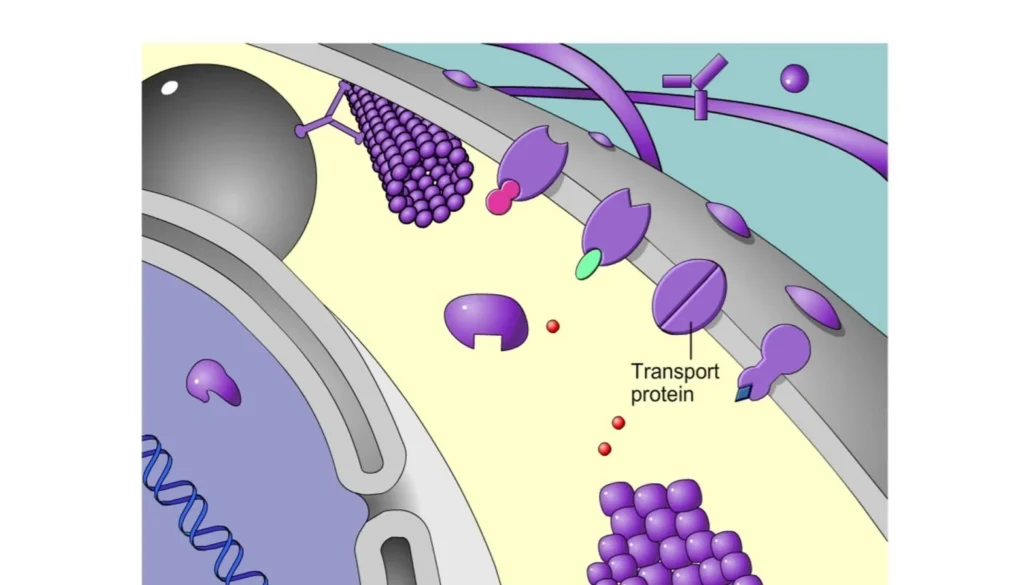
Protein also plays an important role in the transportation of nutrients and
molecules around the body. In order to move nutrients and molecules from the
blood into and out of cells as and where they are required, they first must
travel through cell membrane channels. Think of these channels like gates,
allowing movement from one place to another. These channels, as well as the
taxi-like cells that transport molecules through these gates are types of
proteins. A great example of a transport protein is hemoglobin, responsible for
moving oxygen around the body in the blood. Protein is also required to store
certain nutrients. For example, cholesterol and triglycerides (a type of fat) are
insoluble in water, so they require lipoproteins to not only assist with their
transportation around the body but also with their storage.
9. Wound healing, repair and adaptation

Proteins are incredibly important in the wound healing process which involves
three key phases
• Inflammation
• Proliferation
• Remodeling
For example, if you cut your skin, the affected site will become red and
inflamed which is a protective tissue response, coagulation will typically begin
to stop the bleeding, and the remodeling process will involve laying down
collagen to form a scar. Specific proteins are involved in each of the three
phases and if someone’s diet is protein deficient this can contribute to poor
healing rates. While wound healing only occurs following some form of
physical trauma, the process of tissue regeneration is constantly ongoing.
Tissue regeneration is the creation of new cells to replace old, dying tissue.
Some tissues will have a faster turnover rate such as skin, hair and the lining
of the intestine compared to others like nerve cells which are considerably
slower. Tissue regeneration requires lots of different types of proteins such as
enzymes, transport proteins, hormones and structural proteins. This process
is especially important during phases of growth and development such as
pregnancy, childhood and adolescence, which is why children in particular
require more protein per kilogram of body weight than adults
10. Balance of ph
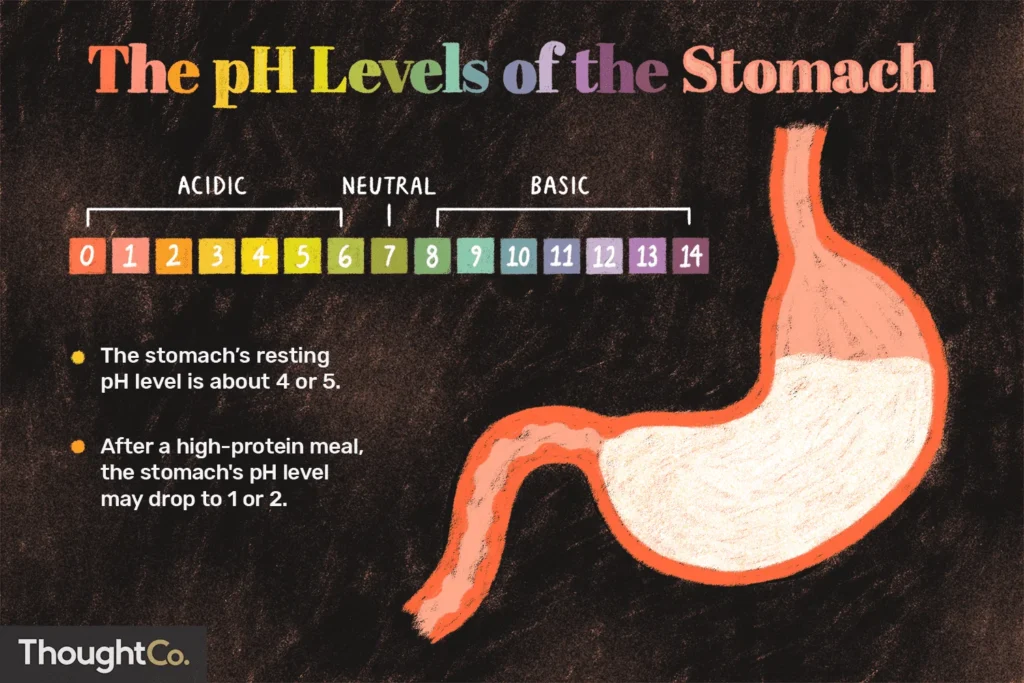
pH balance refers to how acidic a substance is. Most of the body works best
at a neutral pH, around 7.36 and 7.4414, but many things which we encounter
on a daily basis such as food and drink, pollution, etc. can shift this balance
slightly. If the hydrogen (H+) levels of the blood increases too much the
resulting blood pH falls and becomes too acidic (acidosis). Whereas, if the H+
content falls, the blood becomes too alkaline (alkalosis) both cases can
negatively affect bodily functions. In order to keep the body in equilibrium, the
protein albumin can act as a buffer to keep pH level where it should be by
either releasing H+ ions if the blood is too alkaline, or take H+ from the blood
if it’s too acidic. Thereby maintaining the status quo.


